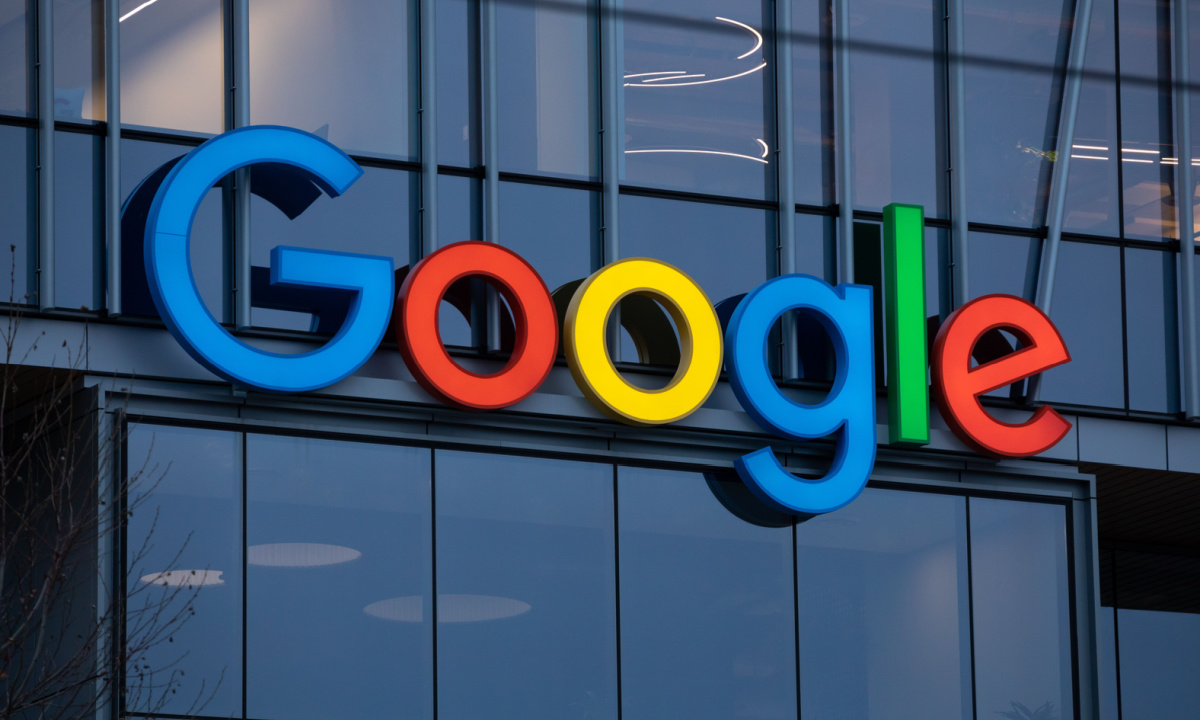News Publisher Files Class Action Antitrust Suit Citing AI’s Impact on Revenue

In a new class action lawsuit filed this week in the U.S. District Court in D.C., Arkansas-based publisher Helena World Chronicle has taken legal action against Google and its parent company, Alphabet, alleging anticompetitive behavior in violation of U.S. antitrust law, including the Sherman Act.
The suit claims that Google is harming news publishers by “siphoning off” their content, readers, and ad revenue through anticompetitive means, specifically pointing to the impact of advanced AI technologies.
The complaint centers on Google’s new AI innovations, such as the Search Generative Experience (SGE) and Bard AI chatbot, which the plaintiff argues exacerbate the issue. Helena World Chronicle, which owns and publishes two weekly newspapers in Arkansas, asserts that Google is “starving the free press” by sharing publishers’ content on its platform, resulting in significant financial losses amounting to “billions of dollars.”
One focal point of the lawsuit is Google’s older technology, the “Knowledge Graph,” launched in May 2012. When users search for information, Google displays a “Knowledge Panel” containing a summary extracted from the Knowledge Graph database. The complaint alleges that Google compiled this extensive database by extracting information from publishers’ websites without proper authorization.
By 2020, the Knowledge Graph had expanded to include 500 billion facts about 5 billion entities, but the lawsuit contends that much of this “collective intelligence” was improperly obtained from publishers.
Read more: Google To Remove Canadian News Content From Search Engine
The suit also takes issue with other Google technologies, including “Featured Snippets,” where the search engine algorithmically extracts answers from webpages, diverting traffic away from publishers’ websites.
A critical concern highlighted in the lawsuit is the impact of AI on publishers’ businesses. Referring to a recent report by The Wall Street Journal, the complaint emphasizes that integrating AI into Google’s search results could lead to a significant decline in user click-through rates. The report revealed that when online magazine The Atlantic simulated such integration, the AI provided answers to user queries 75% of the time without requiring a click-through to the website, potentially causing a substantial decrease in publishers’ website traffic.
According to data from Similarweb, Google currently drives nearly 40% of publishers’ traffic, making the potential consequences of AI integration a significant threat to the industry. The lawsuit signals a growing concern over the intersection of technology, antitrust issues, and the future viability of news publishers in the digital age.
Source: Tech Crunch
Featured News
Big Tech Braces for Potential Changes Under a Second Trump Presidency
Nov 6, 2024 by
CPI
Trump’s Potential Shift in US Antitrust Policy Raises Questions for Big Tech and Mergers
Nov 6, 2024 by
CPI
EU Set to Fine Apple in First Major Enforcement of Digital Markets Act
Nov 5, 2024 by
CPI
Six Indicted in Federal Bid-Rigging Schemes Involving Government IT Contracts
Nov 5, 2024 by
CPI
Ireland Secures First €3 Billion Apple Tax Payment, Boosting Exchequer Funds
Nov 5, 2024 by
CPI
Antitrust Mix by CPI
Antitrust Chronicle® – Remedies Revisited
Oct 30, 2024 by
CPI
Fixing the Fix: Updating Policy on Merger Remedies
Oct 30, 2024 by
CPI
Methodology Matters: The 2017 FTC Remedies Study
Oct 30, 2024 by
CPI
U.S. v. AT&T: Five Lessons for Vertical Merger Enforcement
Oct 30, 2024 by
CPI
The Search for Antitrust Remedies in Tech Leads Beyond Antitrust
Oct 30, 2024 by
CPI